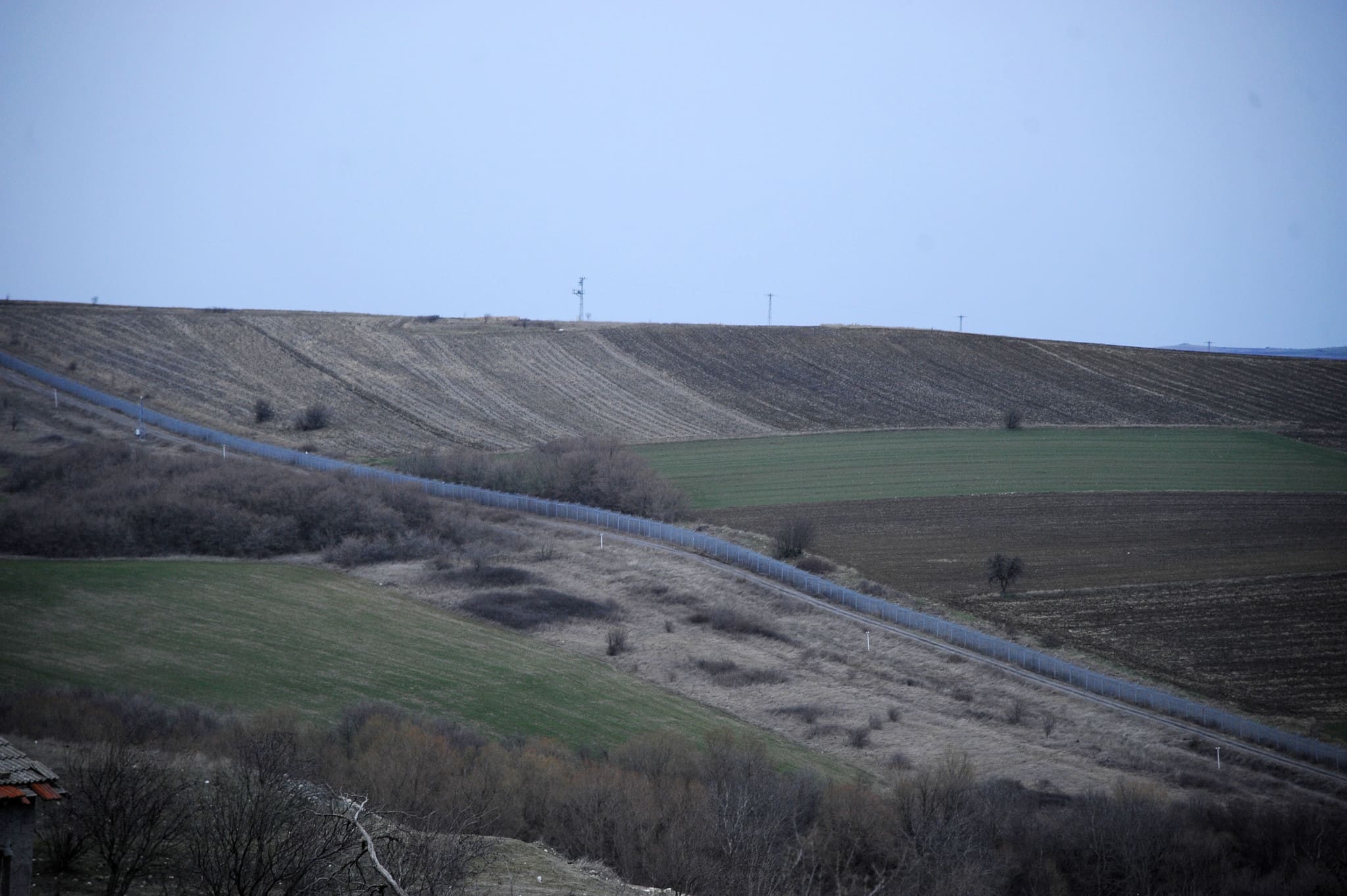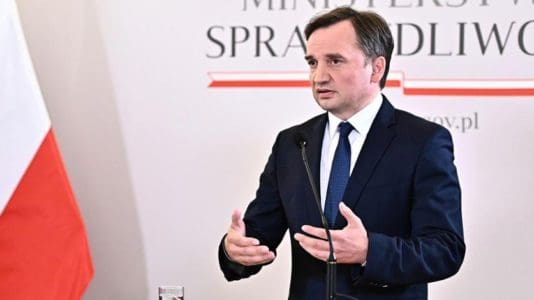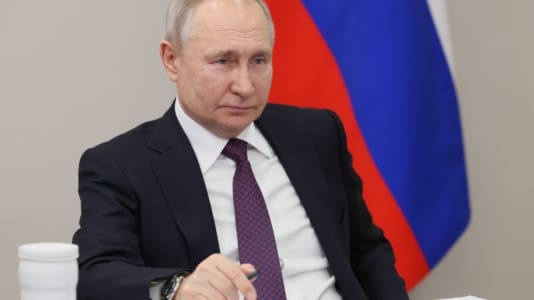Illegal border crossing attempts from Turkey into Bulgaria have increased by 30 percent so far this year, Bulgaria’s Interior Minister Ivan Demerdzhiev has revealed.
Speaking on Tuesday on an official visit to the city of Stara Zagora, the Bulgarian minister spoke of the “enormous” migratory pressure authorities are now dealing with, primarily on its southeastern border with Turkey.
Border authorities in Bulgaria detected approximately 190,000 illegal border crossings last year, and the rise in activity has shown no signs of letting up.
“The migrant pressure we are under is unprecedented. The increase in attempts to cross the Bulgarian border since the beginning of this year is 30 percent,” Demerdzhiev told reporters.
He proceeded to call for tougher sentences for people smugglers in order to alleviate the pressure on border guards and bring the numbers back down to manageable levels.
“I appeal to the next National Assembly to take measures and revise these three texts in the Penal Code so that these people are deterred. Such prevention would help tremendously,” he said, adding that the interior ministry has approved 1,260 new staff members to help man the borders and granted funding to police for greater surveillance technology on land and in the air.
He isn’t the only one calling for legislative reform. During an “action day” in January, when authorities arrested 92 suspected people smugglers across Bulgaria, Turkey and Serbia in a coordinated operation, Siyka Mileva, the spokesperson for the Bulgarian prosecutor general’s office, called for harsher sentences to eliminate the problem.
[pp id=62886]
“Several times, the Interior Ministry and we as prosecutors have expressed the opinion that the penalties given for facilitating illegal migration are extremely low. And most of the sentences are suspended,” Mileva told reporters at the time.
Despite the high number of border crossing attempts, Demerdzhiev believes that only a small proportion of migrants succeed in entering Bulgaria.
“Because we hunt them down and capture them, it becomes public knowledge and creates the impression that there are more migrants,” he said.
“Our efforts are highly appreciated by Brussels, as we are reducing the number of people we let pass through our territory. In Italy, which has greater resources, traffic is increasing, but here it is decreasing,” he added.
Countries across Europe are responding to increasing migratory flows in similar ways. Earlier this month, Italian Prime Minister Giorgia Meloni announced new legislation to increase sentences for people smugglers to up to 30 years in prison.
In the U.K., the Conservative government has agreed on new funding for France to help stop small-boat migrants from departing the European mainland and has introduced a new migration bill vowing to detain and deport anyone who arrives in Britain illegally.
Speaking this week to Germany’s Die Welt newspaper, the new Danish migration minister, Kaare Dybvad Bek, predicted a rise in barbed wire and fences across Europe as nations seek to retain control over their own borders.






